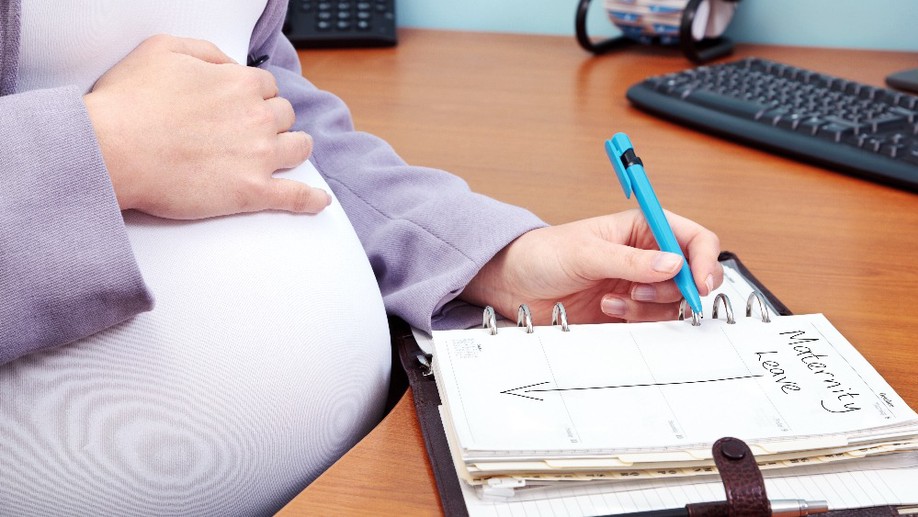About
My research examines women’s employment across industrialised countries and how social policies reduce or potentially increase gender inequalities in paid work. I currently hold a BA/Leverhulme Small Research Grant for a project looking at older women’s labour market experiences and have recently completed a New Investigator Grant funded by the Economic and Social Research Council.
My research has been published in European Sociological Review, Work, Employment & Society, Journal of European Social Policy, Journal of Social Policy, and Social Policy & Society and has been featured in the media, such as in The Independent.
A copy of my CV is located here.
Interests
- Gender and employment
- Family and labour market policies
- Comparative social policy
- Female breadwinners
- Lone motherhood
- Qualitative comparative analysis
Education
-
PhD in Social Policy, 2018
University of Southampton
-
MSc in Social Policy, 2013
University of Southampton
-
BSc in Politics, 2012
University of Southampton









